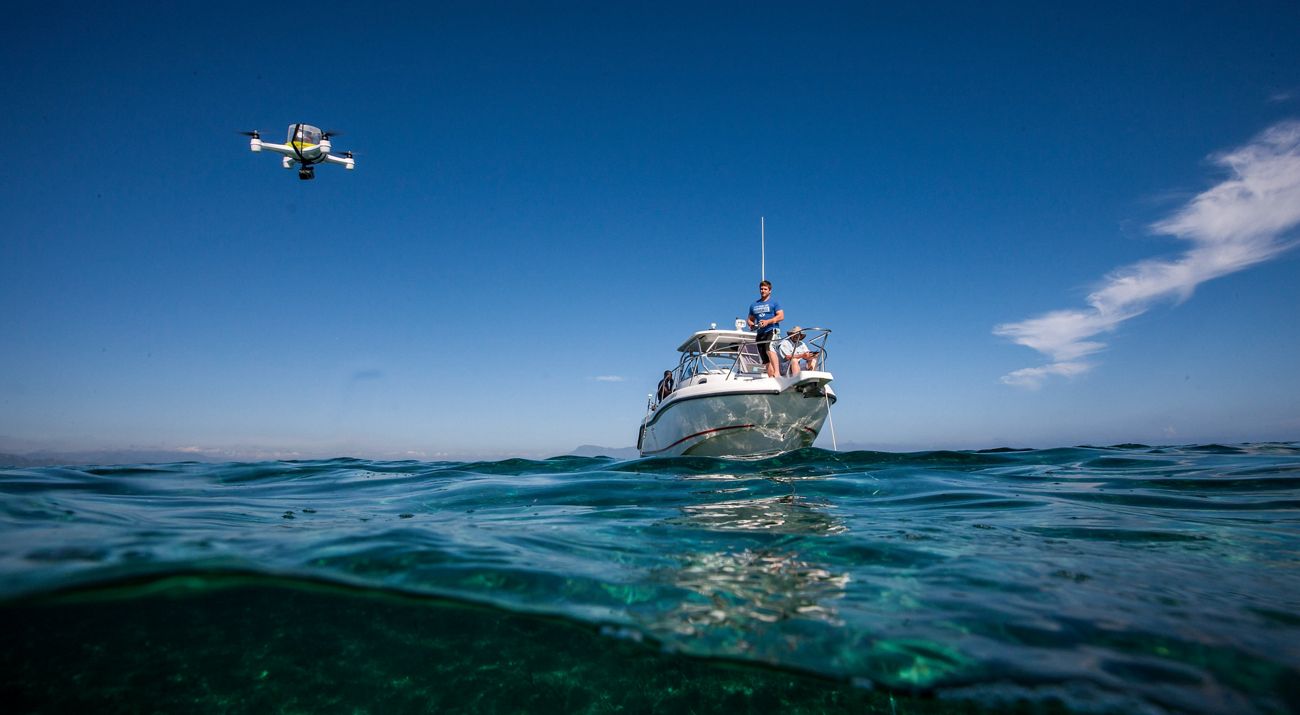Yesterday’s science fictions are today’s conservation solutions.
As technology changes our world faster than ever, our scientists are partnering with innovators in the private sector to develop and scale technology that ensures people and nature thrive.




